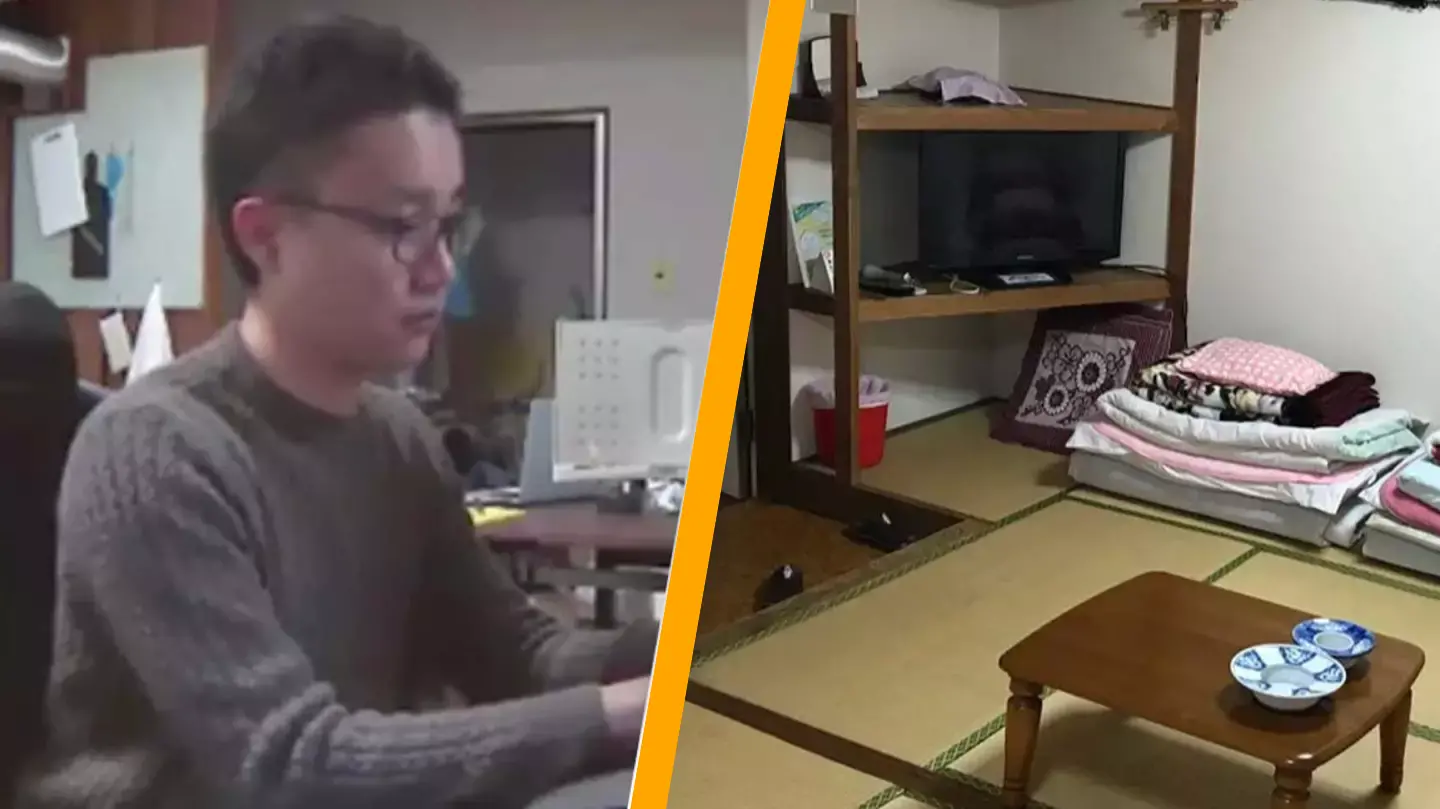In Japan, you can opt for a stay at a traditional hotel with an unusual twist that explains the low cost.
This concept might strike you as a genius business strategy or perhaps a step toward an overly digital future, depending on your perspective.
Tetsuya Inoue came up with a distinctive strategy to boost business at his grandmother’s hotel in Fukuoka, Japan. He pondered if the internet could be leveraged to generate more revenue.
Rather than just developing a new online advertisement, Inoue decided to livestream a guest’s stay on YouTube.
Fortunately, participation is entirely voluntary. Guests eager to experience a stay at this traditional Japanese inn can book a room for just ¥100 (approximately $1) per night.
There are guidelines in place for how this process functions.
The livestream only captures video, allowing guests to converse freely without their conversations being overheard.
Guests have the option to turn off the lights, and the camera does not cover the bathroom area.
Additionally, there are signs posted to inform guests of the limitations and restrictions during their stay.
Unsurprisingly, activities deemed inappropriate are prohibited, and guests are cautioned against revealing personal information in the room.
In a conversation with CNN Travel, Inoue shared his vision for enhancing the hotel’s business prospects.
“This is a very old ryokan and I was looking into a new business model,” he explained.
“Our hotel is on the cheaper side, so we need some added value, something special that everyone will talk about.”
“Young people nowadays don’t care much about privacy. Some of them say it’s OK to be [watched] for just one day.”
This approach seems to resonate, as four guests have already accepted the offer since it was introduced last month.
The One Dollar Hotel YouTube page has gained popularity, amassing over 1,000 subscribers.
Once the channel exceeds 4,000 view hours, it will be eligible for monetization through advertisements.
If no guest is currently streaming, viewers can watch Inoue as he works in his office. He places signs in both English and Japanese to inform viewers when he is away from the room.

